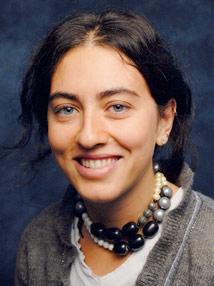BibTex format
@article{Baerenbold:2023:10.1002/env.2763,
author = {Baerenbold, O and Meis, M and MartínezHernández, I and Euán, C and Burr, WS and Tremper, A and Fuller, G and Pirani, M and Blangiardo, M},
doi = {10.1002/env.2763},
journal = {Environmetrics},
title = {A dependent Bayesian Dirichlet process model for source apportionment of particle number size distribution},
url = {http://dx.doi.org/10.1002/env.2763},
volume = {34},
year = {2023}
}

